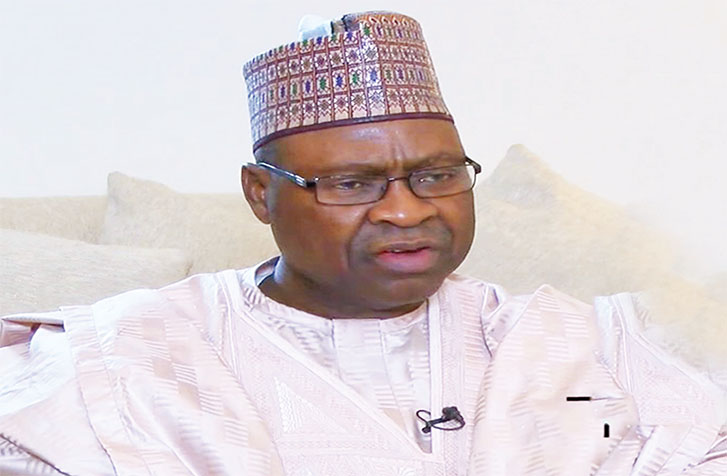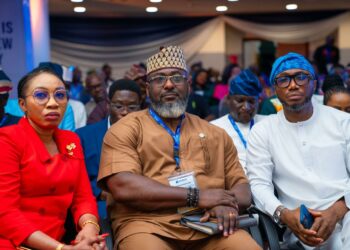Nigeria’s industrial development once again received a boost as technology remains the hub of the nation’s strive for progress in the competitive world.
This was the focus of the Industrial Training Fund (ITF) and major stakeholders in various sectors as they brainstormed on the establishment of Sector Skills Councils (SSCs) with a view to harnessing ideas, building consensus and synergy for the growth of the Nigerian economy using technology.
This was part of the federal government’s initiatives to accelerate growth through the Nigerian Industrial Revolution Plan (NIRP) with the objective of building Nigeria’s competitive advantage, broadening the scope of industry and expanding the manufacturing sector.
In his address during the one-day sensitisation workshop held in Abuja recently, the director general of ITF, Sir Joseph Ari, said, The goal of the plan included matching industrial skills development to industry needs, enhancing industrial skills development level to minimum international standards as well as reducing the unit cost of trainings for organisations.”
The ITF boss, who was represented by the director of research and curriculum development department, Zachariah Piwuna, noted that for a skilled workforce, the plan identified seven supporting enablers central to achieving its goals. These include infrastructure, skills, innovation, investment climate, standards, local patronage and finance.
“In view of the integral role of a skilled workforce to drive the engine of industrial growth and job creation, technical and vocational skills development and equally crucial, matching skills and Acquisition to industry needs was one of the key enablers identified as central to the achievement of the plan,” Ari said.
The sensitisation exercise focused on the plastic, aviation and communications industries aimed at reforming and approving qualifications for employees.
In his presentation, the deputy director and head of the research and development division of ITF, Udeme Akpabio, said it has become imperative to establish the SSCs because of its role in giving young Nigerian school leavers the required skills needed in a modern economy.
The sensitisation workshop was to also help ITF identify sectors that were keen on embracing the formation of the SSCs and assist them organise in order to serve as models for other sectors. The SSCs will also aid in identifying the needs of the employers and ensure that labour supply is matched with demands in terms of quantity and quality.
The SSCs are expected, among others, to communicate National Occupational Standards to the educational institutions to ensure development of an all-inclusive curriculum and create such sector qualification strategies.
About 3.5 million young Nigerians enter the labour market every year and without the much needed technology to expand the industrial base of the country, the country will continue to suffer the backlash of unemployment.
Technology has evolved and also changed the ways of doing things and it has become incumbent on Nigeria to be jolted from its laidback as the industrial revolution appears over while the fourth industrial revolution is here already.
Nigeria also appears not to feature technology in terms of operationalisation. A critical look at government investment and opportunities, disclosed that the opportunities are still looking behind.
It is quite apt that ITF intends to deploy technology to boost industrial development using the Sector Skill Councils. Therefore Nigeria needs digital infrastructure across the 774 local governments because without that digital infrastructure, the country cannot achieve many things.
In Europe today people now operate what is called a ‘digital mobile scheme,’ and what that means is that they don’t need to leave their home to work and what they do is that they are attracting young people into different communities that have an aging population.
Former minister of science, technology and innovation, Dr Ogbonnaya Onu, emphasised the ugent need for technology during a keynote at the validation workshop on the Draft Revised 2022 National Science, Technology and Innovation (STI) Policy in Abuja. He said the government aims to get involved so that the country will continue to narrow the gap between Nigeria and the technologically developed countries of the world.
Onu maintained that there are emerging technologies that provide Nigeria with this opportunity and such technologies include; advanced manufacturing, nanotechnology, big data, new engineering materials, block-chain, machine learning, robotics and artificial intelligence.
“This explains why the National Science, Technology and Innovation Policy must be continuously updated to accommodate these changes. The Policy is to prepare our dear nation both for today and the future,” he said.





